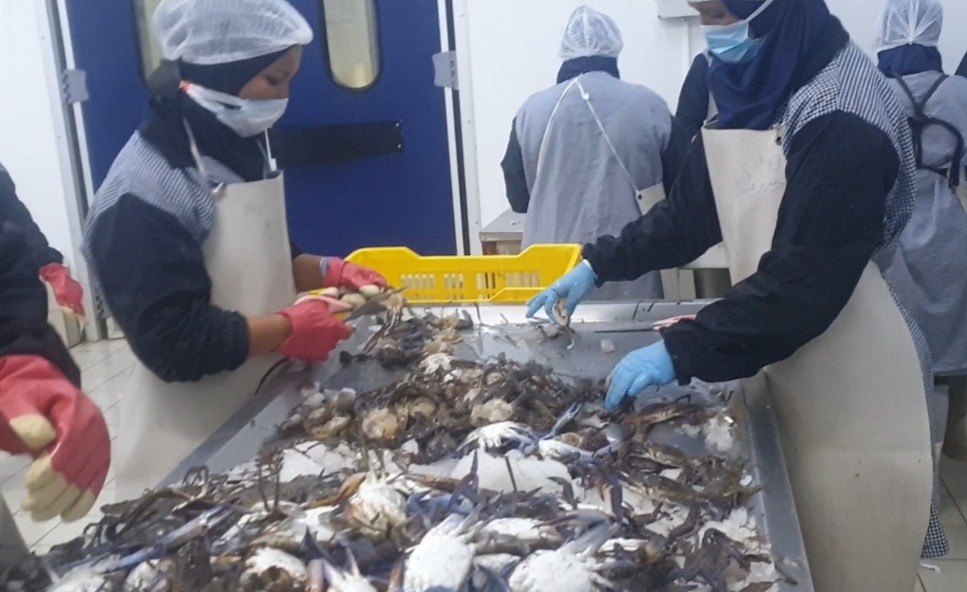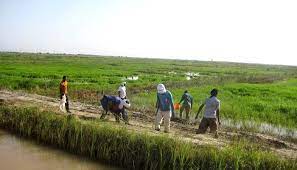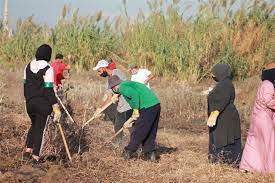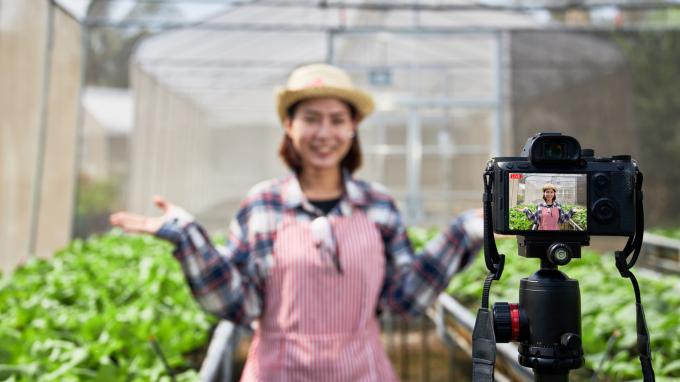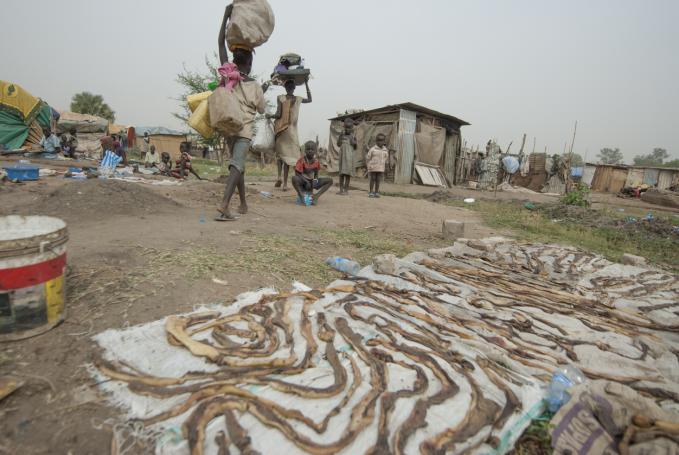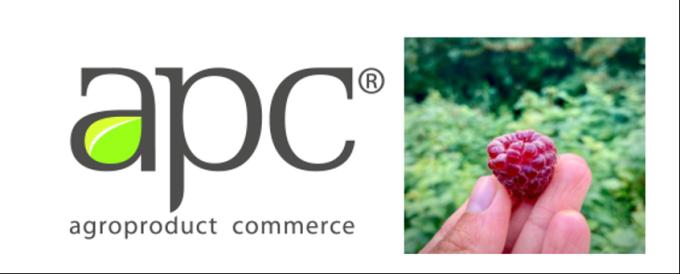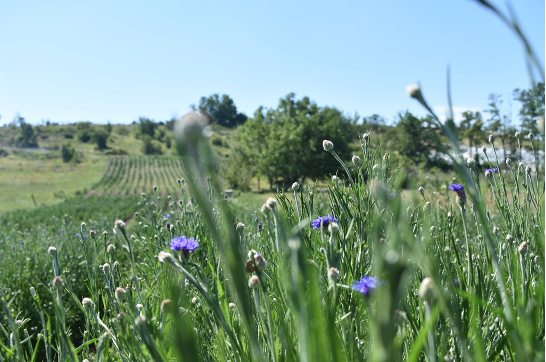Period
2023 - 2023
The blue crab has posed environmental and socio-economic challenges to Mediterranean fishing communities, resulting in lost income from damaged nets and reduced catches. With support from international cooperation projects in Tunisia, the Ministry of Agriculture transformed surplus crabs into flour, turning a problem into an economic opportunity. A successful valorisation campaign followed, including training, cooking events and market integration.
You must be registered to see all the content
Identification needs
During the last decade, the blue crab (Portunis segnis and more recently Callinectes sapidus) has been mentioned as an invasive species (environmental problem due to the climate change). In the Médenine governorate, Portunis segnis is more prevalent; it deteriorates the fishing nets and devours the catch, causing fishers to despair at the loss of their income (socio-economic problem). It's a new value chain where everyone (men and women) should find their place and benefit from it.
Stakeholder change
At first, the Ministry of Agriculture developed a strategy to combat the invasion of blue crab (large quantities were processed into flour); then the strategy was focused on valorisation, so that blue crab was seen as an opportunity. The GIPP (Interprofessional Group of Fishery Products) has made a major effort to implement the strategy (training in good fishing practices, handling of the product on board, installation of crab traps, tasting sessions, cooking show, blue crab cooking competition, etc.). ); the expertise of the private sector (leaders in blue crab processing) supported the flow of the product to the market (the processing plant in Ajim benefited from the expertise of women "ex-clam collectors" already trained as part of the GEMAISA project). The Agricultural Extension and Training Agency developed and validated training programmes on the assembly of blue crab traps (supported by the GEMAISA project); the Association and the GDAP (Group for Agricultural and Fishing Development) were committed to supporting fishermen (men and women) through the implementation of initiatives. All these efforts are partly supported by international cooperation (AICS, CIHEAM Bari, FAO, PNUD, EU, USAID, ....).
Change triggered
The practice could be transferred, but we should carefully consider the specificities of the communities, which should be involved in the design of solutions. For example, a bad practice in Tunisia, at the beginning of the crab valorisation was that the Ministry of Agriculture encouraged the processing plants by setting a low price for crabs, which has not changed much to date, limiting the benefits for the fishermen. The use of plastic in traps and the loss of traps by fishermen is a major environmental problem (ghost nets and pollution of the coast).
Short description
The practice is technically feasible. We should think about the local market and the export market at the same time to give to the local community the opportunity to benefit “equally” of the value chain.

